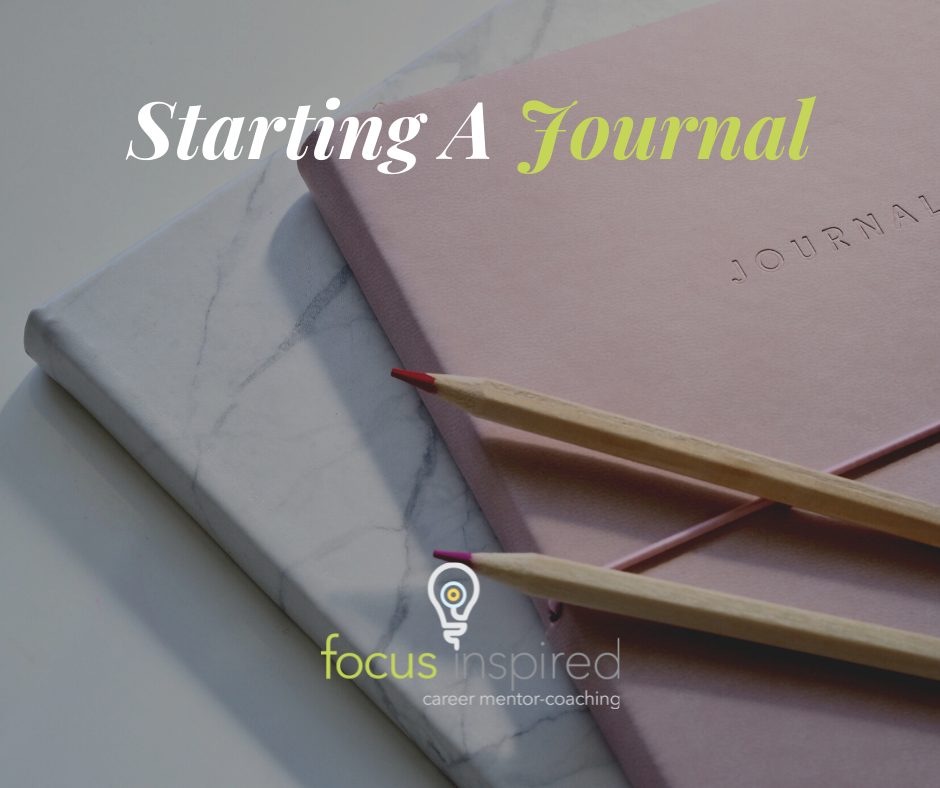
Starting A Journal
We’ve all seen the fancy leather-bound journals that entice you at every bookstore, and for some reason, you always end up buying way more journals than you will ever use. Most of us have at least a few lying around, and it in most cases they will be empty and waiting, ready for the day when you finally pick up a pen and start writing in them. But most of us never do, and thousands of journals sit empty on bookshelves or in drawers.
What is our compulsion with a journal, and why do we feel so enamored by the idea? Clearly, if you’ve bought several of them already then you had a plan to write in them at some point, and the continued purchases hint at your continued desire to do so. So what’s holding you back?
For most of us, it’s exactly the same reasons as a number of other hobbies being put to the wayside: the perception of a lack of time, not knowing where to start, what to write about, or the thought that whatever you put in your journals wouldn’t be worth the journal itself. These are all just the excuses we tell ourselves when we put off any task, it’s just that these are directed specifically at a journal rather than a load of laundry. The key is finding ways to tell yourself that your excuses are nothing more than excuses preventing you from doing what you need or want to do.
Let me help you break down the barriers for some of the big ones. Everyone believes that there is never enough time to do everything they need to do, and yet they somehow manage to find time for other things. How often have you absentmindedly gone off and started something because it seemed interesting in the moment, only to wake up from your trance and discover you’d been doing it for twenty minutes? And in how many of those instances do those twenty minutes feel like they were only five? Sometimes we don’t realize just how much time we put into some of the tasks or activities we perform until we really look at it, and suddenly we discover that we spend a lot more time than we thought on random activities throughout the day. Surely, somewhere in there you would be able to find ten minutes out of your day to do some writing in a journal. In the grand scheme of things, it really isn’t a large investment, and when most people start writing, they usually like to go for longer than just ten minutes. For a greater chance of success, consider choosing a specific time to write, as you will be more likely to stick with it if you set the time aside.
What about the contents of your journal? Does it matter if you feel as though you don’t have anything meaningful to write? Well, no. The point of a journal is not to write a bestselling book, it’s only for yourself to give you some time to put your thoughts down in whatever way feels comfortable. If you go into journal writing with the mindset that nobody else will ever read your words, you have just opened yourself up to the complete freedom of putting whatever you want into the journal. It does not matter if you hate what you write, because there is no expectation of it ever being “good”, whatever it is. Heck, why does it have to be good or bad at all, when it could just be what it is and nothing more? A journal is what you make of it, and if you want to have the opportunity to spill your thoughts onto a page without judgement, it can absolutely be that for you. It’s your journal, your decision.
While we are on the subject of content, there are some of you who will believe that a certain calibre of content is required for different types of journals. I used to have this mindset which I found most peculiar, feeling as though it was “more okay” to put my scribblings into a dollar store three-hole punch academic notebook rather than the beautiful bound journals I bought for this exact purpose. What use is a beautiful journal if it sits empty on a shelf? Would that not be more of a waste than actually filling it with something meaningful to you? If you remember that journals are made to be written in and not just a beautiful book of endless potential, you will find yourself much more willing to fill it with words.
Finally, let’s talk about actually starting your journal. If you don’t know what to write, just start with the first thing that comes to your mind. A very popular technique that a lot of writers use is what is called “stream of consciousness”, where writers will put down whatever comes into their head no matter what it is. This last part is very important, because it is the whole key to getting the flow of writing going. If you filter your words, you are stopping the stream of consciousness and disjointing your thoughts, making it a lot harder to get in the writing rhythm. Let your words spill onto the page freely. Remember, it’s your journal, not the world’s journal.
These are just a few of the roadblocks that shouldn’t be the reasons you don’t write, and you probably have a number of other reasons that follow a similar pattern. Everyone has their own unique set of reasons why they believe they can’t do something, but the majority of those reasons have ways to overcome them.
Sometimes, all it takes is to simply ignore them, sit down, and do it.
Follow:Share: